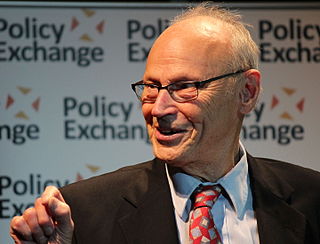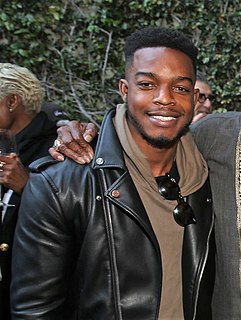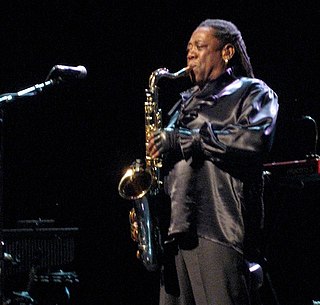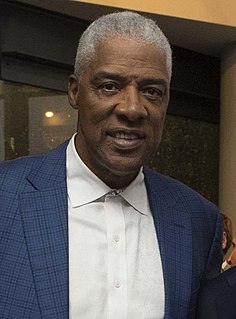A Quote by Jerome Bruner
The notion of multiple literacies recognized that there are many ways of being-and of becoming-literate, and that how literacy develops and how it is used depend on the particular social and cultural setting.
Related Quotes
Literacy is part of everyday social practice - it mediates all aspects of everyday life. Literacy is always part of something else - we are always doing something with it. Its what we choose to do with it that is important. There are a range of contemporary literacies available to us - while print literacy was the first mass media, it is now one of the mass media.
What I've learned about that word is context, where the world is coming from - in the era the film is set, it obviously is used derogatorily. In 'Selma,' it was the same sort of thing. Of course now, in music, it's used in many more ways, including ways that takes the sting out of it. It all depends on where and when it is used, and how you look at it. But again in 'Race,' it is intensely disrespectful.
How many migrants, how many immigrants, how many migrants and refugees fleeing war-torn areas in the Middle East are permitted into the Vatican? I'm not kidding. I think I saw a story where they're going to take ... two. It's obviously symbolic. They will take two at the Vatican, thereby setting an example and showing how it's done.






































